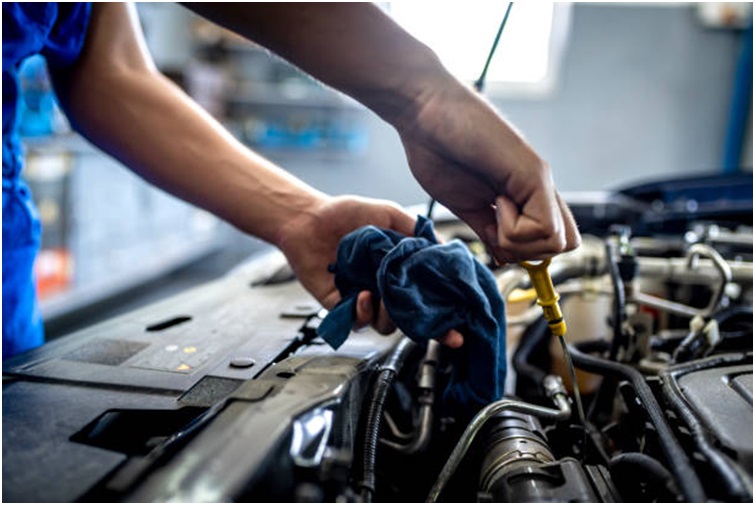Essential Competencies for a Professional Car Mechanic

Mechanics are responsible for maintaining vehicles in safe driving condition via regular inspections and repairs in need. To satisfy a customer in this servicing and repair job a mechanic should have appropriate knowledge, training, and skill.
Mostly, prospective car mechanics should have a college education. The standard training duration is between six and twelve months. A two-year associate degree is available to mechanics that choose to further their education, although it is not mandatory. According to the BLS, by 2020, the median annual wage for car repair technicians and mechanics will be $44,050.
If you are a seeker of this job you should know more about the responsibilities of Professional Car mechanics. Learn more about the car mechanic talents that employers need in the following paragraphs. Also included are responses to commonly asked questions from readers interested in vehicle repair.
How Skilled Do You Need to Be to Work in the Automotive Industry?
1. Problem-Solving:
Most car owners who take their vehicles to the shop have no idea what the problem is with their automobiles. Mechanics first make diagnoses based on the customer’s vague descriptions of problems. Based on the diagnosis, auto technicians can determine which car needs mending, what needs replacement, and what can be left alone by addressing problems.
Auto mechanics who are also adept problem solvers may do routine vehicle maintenance. Repairs to potential trouble spots are identified and addressed during preventive maintenance. The client is spared the hassle of dealing with future issues, and the technician is aided in maintaining optimal vehicle performance.
Sherman Wright, a Professional Car mechanic with over sixteen years of experience, claims that his ability to solve problems stems from having “developed the mechanic’s ears, eyes, and nose.” Wright adds, “Being an automobile mechanic has also increased my problem-solving in other disciplines, including home DIY.”
2. Communication:
Customer service is a standard part of an auto mechanic’s job and here the role of good communication comes in. Mechanics can better comprehend and diagnose automobile problems when they discuss them with consumers. Customers may also be an invaluable resource by providing information about a vehicle’s history, such as the nature and timing of any past problems or repairs.
3. Diligent Focus on Specifics:
Professionals in the auto repair industry might benefit in their careers from developing a sharp eye for detail. Modifications of even a modest nature may significantly impact an automobile’s reliability and performance after repair. The ability to pay close attention to detailed issues and solve them with utmost detailing as well is essential for mechanics to effectively resolve customers’ reported problems and uncover other problems they may be unaware of.

Auto technicians who don’t pay close attention to detail risk putting their customers’ lives in danger by sending them back into traffic in vehicles that aren’t safe to drive. Customers have more faith in a technician who takes additional care of their vehicle because of this.
4. Managing One’s Time:
Auto mechanics need excellent time management skills to keep up with incoming appointments, plan for the arrival of replacement auto parts, and return customers’ vehicles to them on schedule. Multiple customers per day are expected in a mechanic’s shop and there might be scheduling work that may take many days.
Managing time effectively is essential for car mechanics who must balance many, sometimes conflicting, deadlines. Professional Car mechanics can estimate how long it will take to fix a vehicle thanks to their time management skills. A reliably estimated return date for the customer’s vehicle is important. One of the essential skills for a mechanic to acquire is a firm grasp of how quickly they can fix vehicles.
5. Dexterity:
Dexterity, or the ability to perform physical tasks gracefully and precisely, is another skill necessary for auto mechanics. A car has many moving parts, and auto mechanics must fine-tune them with extreme accuracy.
Under a car, for example, is a common tight working space for mechanics. These experts may have little space to maneuver even when the car is raised using a jack or ramp. Professional Car mechanics often work in confined places when removing and installing components.
Conclusion:
Basic arithmetic skills are necessary to build a career as an auto technician. Mechanics, for instance, often use fractions while doing their jobs, such as when deciding which tools to use such as wrenches. To be effective in their profession, mechanics need fluency in the Imperial and Metric measurement systems. The ability to compute torque and horsepower is also crucial for Professional Car mechanics.